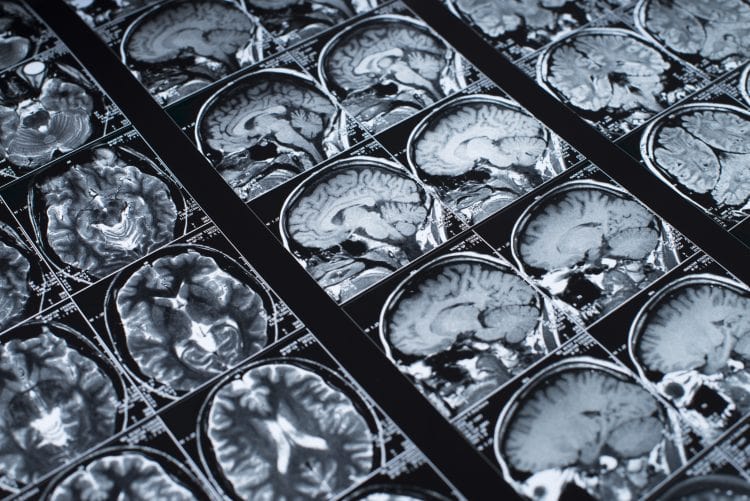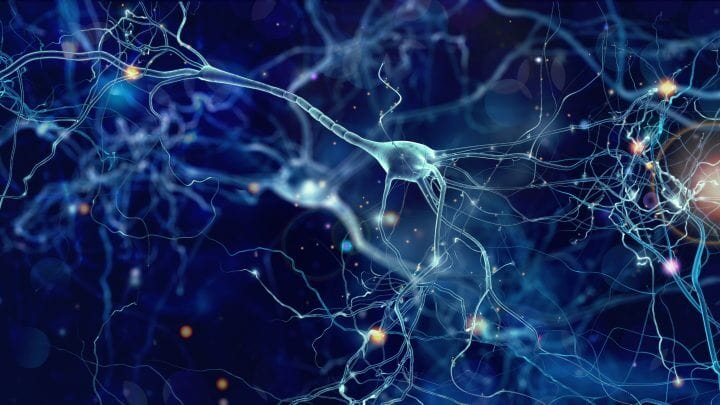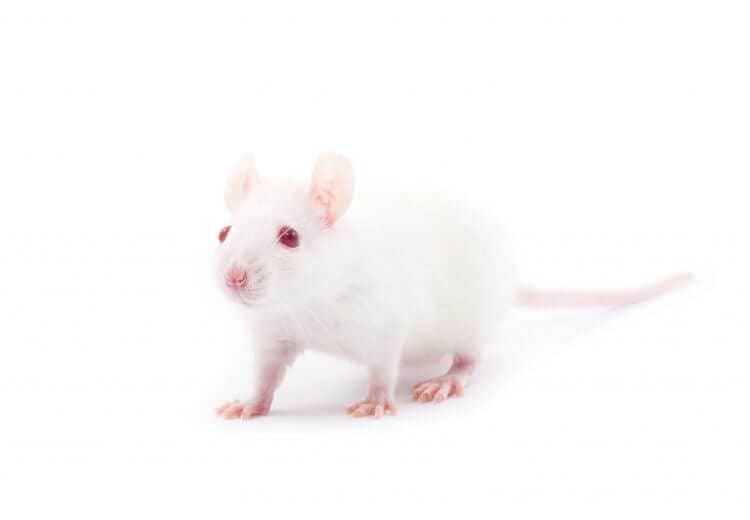Brain Support
Can Diet and Supplements Help The Brain?

Whether you want to amplify your mental capacities or you simply want to preserve and support your brain, the search for a reliable source of dietary support can be confusing and uncertain. A long list of best brain supplement, including vitamins, herbal supplements, and certain fatty acids, offer up a lot of claims. But how can you tell if the products are built on solid research or just marketing hype? Can diet and supplements really feed your brain?
A lot of new products with exciting promises are often misleading and have limited evidence to back up their marketing. Here, we take a look at some new research and see how recent studies are backing up the claims of best brain supplement products.
Vitamin B12
According to Mayo Clinic, Vitamin B-12 helps maintain healthy nerve cells and red blood cells. Vitamin B-12 deficiency — most common in older adults and vegetarians — can cause various signs and symptoms, including memory loss. In these cases, vitamin B-12 supplements can help improve memory. They go on to say that if you get an adequate amount of B-12, there is no evidence that higher intake has positive effects and there's no clear evidence that vitamin B-12 supplements improve memory for people with Alzheimer's disease.
NIH states that adults only needs about 2.4 micrograms daily. Although there are many supplements available, this is a very low amount that any meat eaters should be getting naturally in their diet.
Vitamin B12 is found naturally in a wide variety of animal foods and is added to some fortified foods. Plant foods have no vitamin B12 unless they are fortified. You can get recommended amounts of vitamin B12 by eating a variety of foods including the following:
- Beef liver and clams, which are the best sources of vitamin B12.
- Fish, meat, poultry, eggs, milk, and other dairy products, which also contain vitamin B12.
- Some breakfast cereals, nutritional yeasts and other food products that are fortified with vitamin B12. For vegetarians and vegans, this is a good source of B12.


Vitamin E

In 2014, researchers across the country investigated the effect of Vitamin E on functional decline. The study revealed high amounts of Vitamin E can really help as these are brain vitamins.
Unfortunately, the dosage level used in the study, 2,000 IU/day, is considered unsafe. According to researchers from Harvard, taking 400 IU of vitamin E or more per day is risky for people with active cardiovascular and it may raise the risk of prostate cancer.
Vitamin E deficiency is rare and getting enough from your diet is easy. Nuts, seeds, and dark colored fruits, such as blueberries, are great vitamins for memory.
DHA and EPA
Much has been said about Omega-3 fats and their link to health benefits. One of the most important Omega-3 fatty acids, is called Docosahexaenoic acid or DHA. Playing a vital role in your brain, DHA is linked to a whole list of cognitive benefits.
Like DHA, EPA is an Omega-3 that is gathering a lot of attention for its health benefits and is best vitamins for brain. Supportive but not conclusive research shows that consumption of EPA and DHA omega-3 fatty acids may reduce the risk of coronary heart disease.
You can get a supply of DHA and EPA in your diet with fish like salmon and organ meats. CEREGAIN, a Sea Pineapple derived Plasmalogen supplement provides dietary DHA and EPA.

The Mediterranean Diet

Experts across the globe have determined the Mediterranean Diet can improve your memory, in addition to being considered a lifestyle decision that supports health during aging.
Based on the traditional cuisine of countries bordering the Mediterranean Sea, the diet is typically high in vegetables, fruits, whole grains, beans, nut and seeds, and heaps of olive oil. It also includes limiting or completely cutting out red meat.
While the Mediterranean diet isn't limited to one definition, its a healthy eating plan recommended by the Dietary Guidelines for Americans to promote health and wellness.
Lifestyle Decisions
In addition to best brain supplement, getting enough sleep, drinking less alcohol, exercise, avoiding sugar, and choosing well-researched nutritional supplements, here are some evidence-based ways to support the brain:
- Meditation and Mindfulness exercises
- Daily Movement
- Community Engagement
- Reducing Stress
- Avoid Environmental Toxins
- Drink Tea
- Challenge your Mind with Puzzles

Sea Pineapple Plasmalogen

Plasmalogen supplementation, an innovative product that supports cognition and brain health, is being pioneered by Japanese researchers.
Compared with other products on the market, Sea Pineapple is much richer in Plasmalogen. The Plasmalogen composition of Sea Pineapple is remarkably similar to the human brain!
Plasmalogen constitutes some 80% of ethanolamine glycerophopholipids (E-GPL) that make up the human brain, which is mostly white matter. The composition of Sea Pineapple Plasmalogen is also about 80% of E-GPL. Sea Pineapples and human brains are very similar in molecular composition!
If you haven't read about the unique and powerful health benefits of Plasmalogen yet, here is a good place to start!




Other Articles

What is Plasmalogen?
Plasmalogen, the break-through molecule in our flagship product, has shown extraordinary potential to support and preserve cognitive function. Discover the groundbreaking power of Plasmalogen today!

Best Source of Plasmalogen
Sea Pineapple, also known as Japanese Sea Squirt, is the premiere source of Plasmalogen. Beyond having rich plasmalogen levels, Sea Pineapple provides a dietary source of EPA and DHA.
Published Clinical Research
Ceregain's main ingredient, Plasmalogen, is capturing the attention of research institutions all over the globe.



